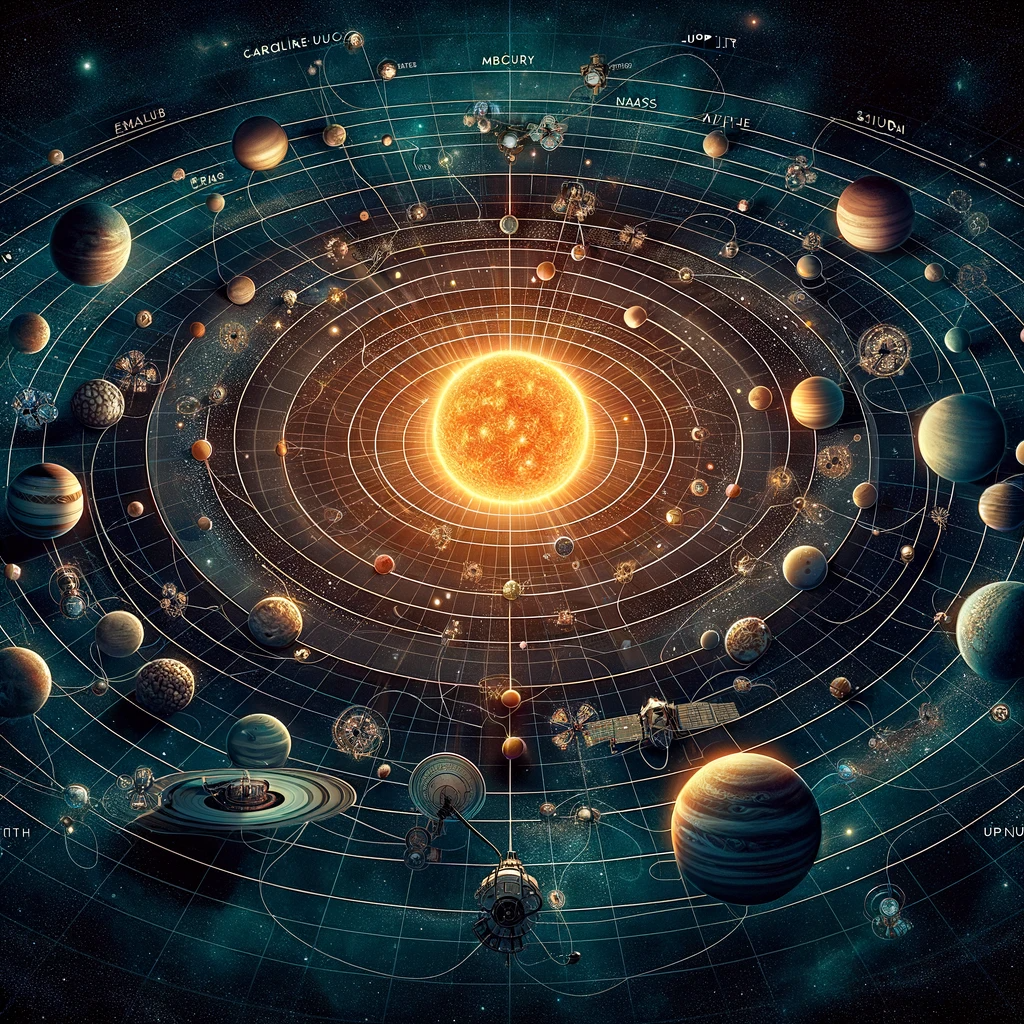Dr. Rebecca Masters is a highly educated and accomplished scientist known for her early contributions to the field of astrophysics. Born on October 15th, 1965, in a small town in the United States, her passion for the cosmos was evident from an early age. Driven by a relentless curiosity, she embarked on a journey of intellectual exploration, which ultimately led her down a path that diverged from conventional scientific thinking.
Graduating at the top of her class, Masters obtained a Ph.D. in astrophysics from a prestigious university. Her early career was marked by ground breaking research, pioneering advancements in space observation techniques and data analysis. Her contributions to the scientific community earned her recognition and several prestigious awards.
However, as her career progressed, Masters began to question the established scientific narrative and the motivations behind certain space missions. Consumed by a growing scepticism, she started investigating alternative explanations and unearthing hidden patterns that diverged from the mainstream scientific consensus.
Dr. Masters’ journey into conspiracy theories was driven by her unwavering curiosity and a deep desire to seek alternative explanations. Challenging the mainstream scientific consensus, she delved into the motivations behind certain space missions and raised questions about the authenticity of images and data presented to the public.
While her theories remain highly controversial within the scientific community, Dr. Masters gained a following of individuals who resonated with her perspectives. She authored thought-provoking books that urged readers to question accepted truths and explore hidden agendas. Through her writings, she aimed to promote critical thinking, open inquiry, and the examination of alternative possibilities.
Masters states it is important to emphasize that the vast majority of scientists adhere to high ethical standards, ensuring the reliability and integrity of their research. The scientific community has established protocols, peer-review processes, and mechanisms to identify and address instances of misconduct. Maintaining transparency, reproducibility, and open dialogue are essential components of scientific progress and knowledge advancement. But, despite facing scepticism and criticism from mainstream scientists, today Rebecca Masters remained steadfast in her pursuit of truth. She actively engaged with the public through conferences, debates, and media appearances, sparking dialogue and encouraging individuals to critically analyse the information presented to them.
Master, goes on, falsifying scientific evidence is a serious violation of scientific ethics and goes against the principles of the scientific method. However, it is important to note that instances of scientific fraud or misconduct, though rare, have occurred in the past. There can be several motivations behind such actions, although they do not represent the majority of scientific research and findings.
Firstly, Personal gain or reputation. Some individuals may be driven by personal ambitions, such as career advancement, prestige, or financial gain. Falsifying data or evidence could be an attempt to bolster their own reputation, secure funding, or gain recognition in the scientific community.
There is a lot of pressure to publish or meet expectations. The pressure to produce ground-breaking, sexy results, publish papers, or meet certain expectations can sometimes push researchers to engage in scientific misconduct. The competition for limited resources and recognition within the scientific community can create an environment that incentivizes unethical behaviour.
Of course there is also much confirmation bias or preconceived notions. Researchers may be influenced by their own biases or preconceived ideas, leading them to manipulate or selectively present data that supports their desired outcome. This can distort the scientific evidence and compromise the integrity of their work.
Lastly , she claims, there is a general lack of oversight or safeguards: In some cases, inadequate supervision, lack of proper checks and balances, or weak institutional policies can contribute to scientific misconduct. Insufficient oversight or a lack of consequences for fraudulent behaviour may embolden individuals to engage in misconduct.
If you continue to have concerns or suspicions about the legitimacy of a space mission or related information, we encourage you to engage with credible sources, such as space agencies, scientific institutions, or experts in the field. They can provide accurate and reliable information, address any doubts, and help clarify any confusion surrounding the mission.


